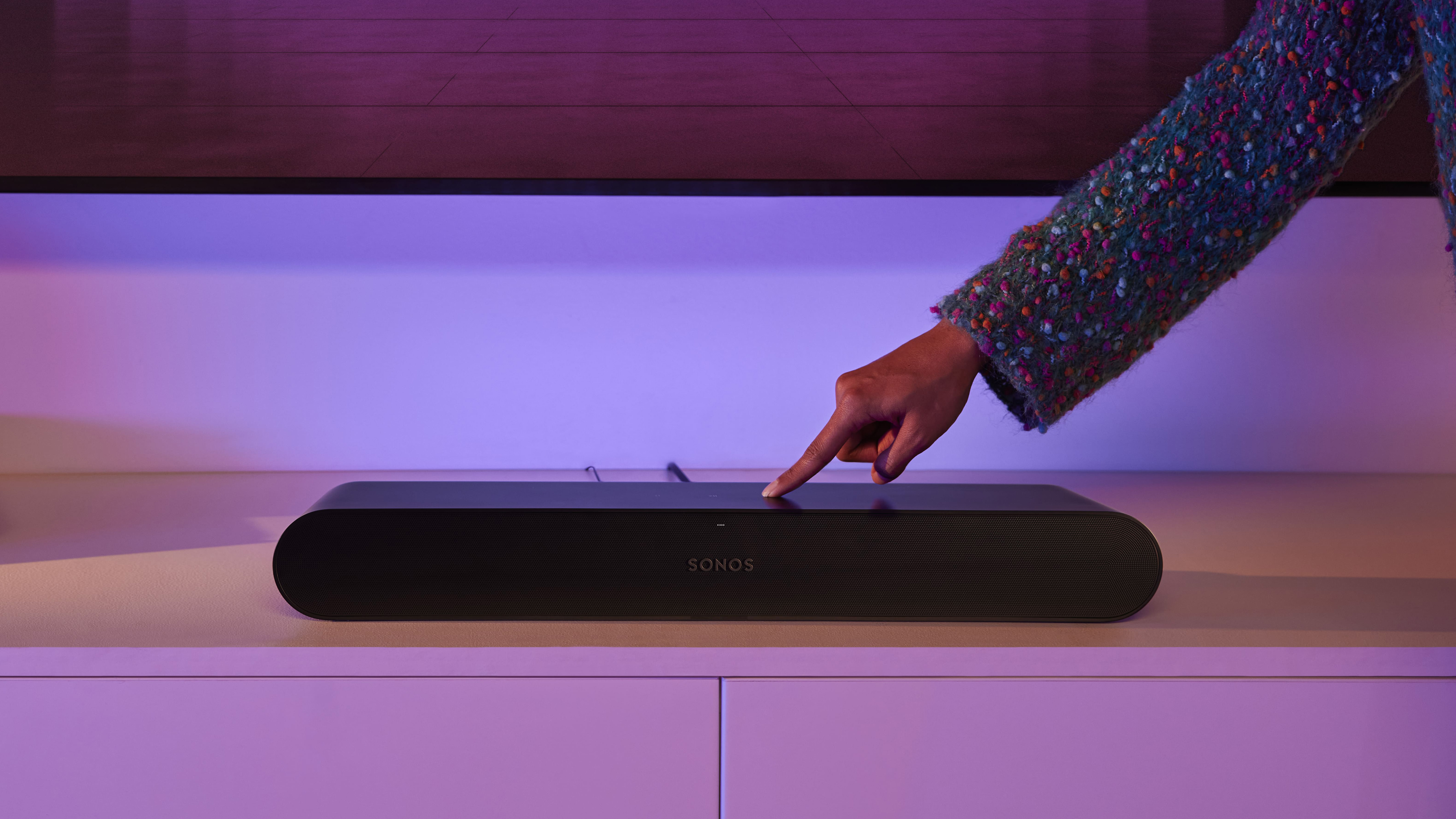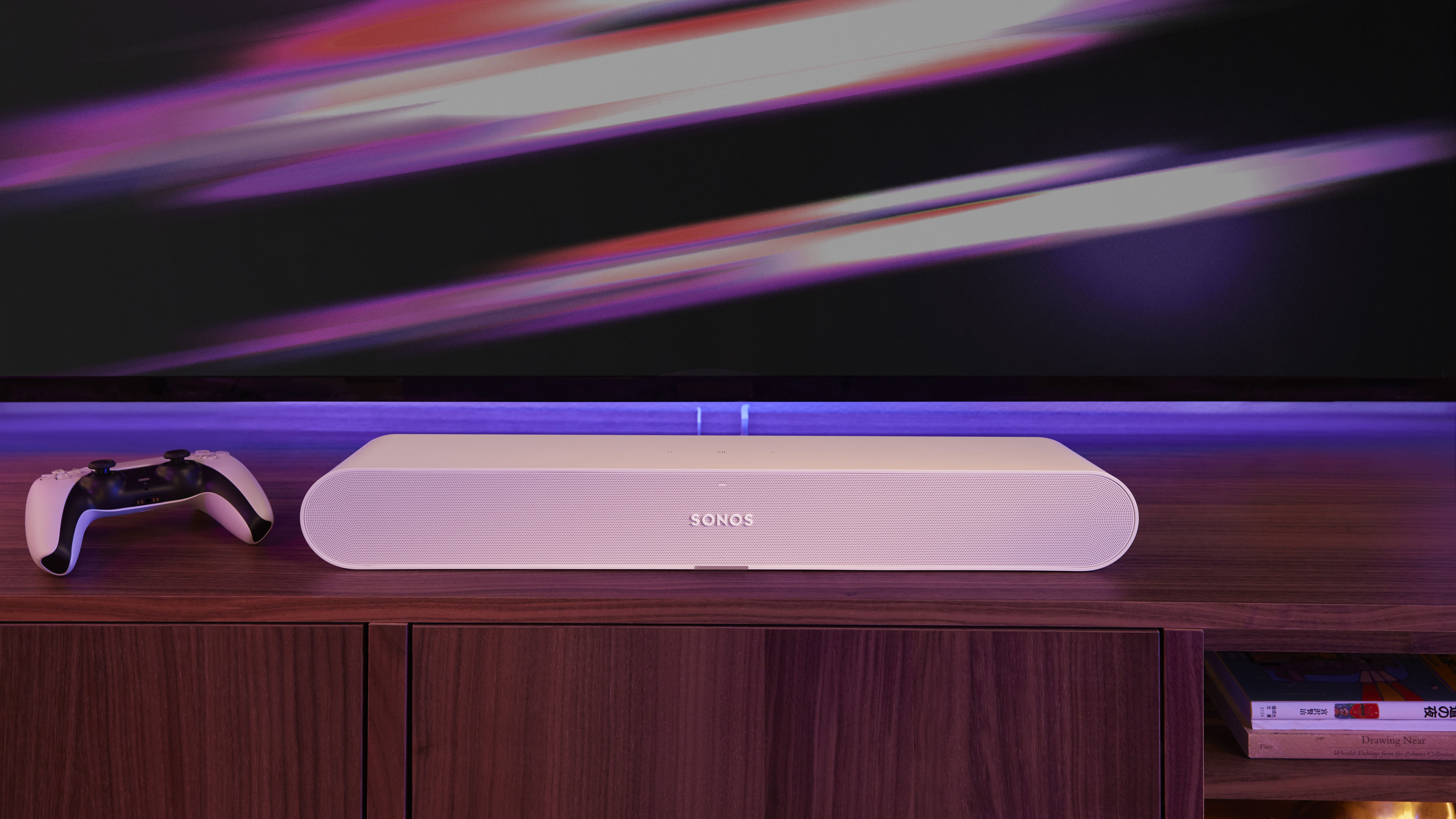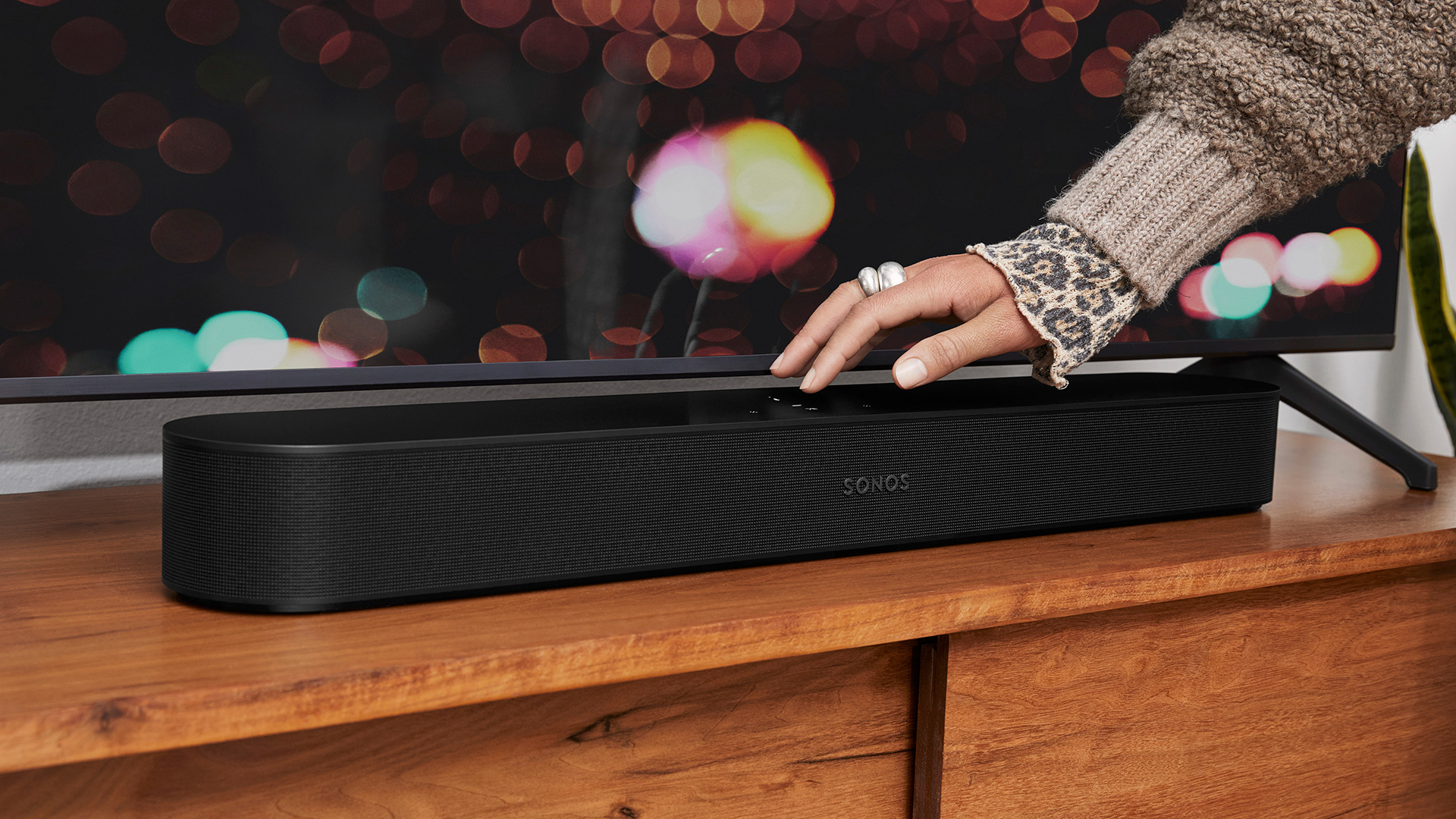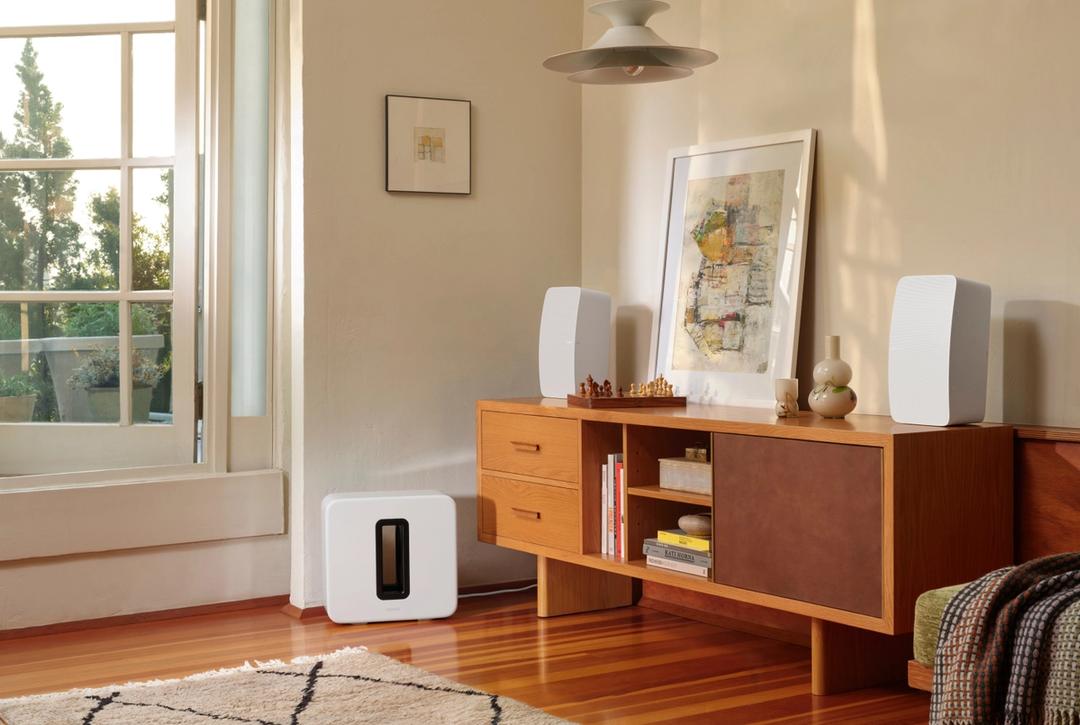3 things I wish I'd known before ordering a Sonos Ray
Is the Sonos Ray the best soundbar for you? Here are key features you'll want to know about – both good and bad


Sonos makes some of the best soundbars going, offering incredible sound quality, attractive designs, and AirPlay for easy iPhone connections. But the company's soundbars, most notably the Sonos Arc and Sonos Beam, are expensive – especially if you've already splurged on one of the best TVs.
No more though: Sonos announced the Sonos Ray in early May, neatly fitting into the low-end of its soundbar range, while still offering most features that you'll truly need. The benefits of a soundbar are huge to enhance your TV's audio: and with Ray you don't have to worry about setting up a complex speaker system with an amp. There's also AirPlay and Bluetooth, offering wireless music playback, including, of course, Sonos' multi-room system.
The Sonos Ray will set you back £279/$279, which is far below the £449/$399 Beam and £899/$799 Arc. Basically, Sonos has answered our prayers and made a high-quality soundbar that doesn't break the bank. However, the Ray isn't without its drawbacks. Ahead of it going on sale from 7 June, we ordered one of these small-scale soundbars – but there's a lot to consider before you do.
1. There's no HDMI

The Sonos Beam was notable for its inclusion of HDMI eARC, which essentially means that sound can be passed to the soundbar via HDMI. Unfortunately, the Ray does not include this feature, meaning that you'll be needing to use the optical connector instead.
It's not necessarily a dealbreaker for everyone, though, especially as the Ray is so much cheaper than the Beam and Arc. However, it does feel like a drawback that Sonos will use to sell the more expensive models in its line-up.
Perhaps the saving grace is that the Ray connects to Wi-Fi speakers easily, making this an option for using as a speaker, without a TV connected. That's the thing with Sonos: its products all talk to one another and that makes for great versatility.
2. There are no side/top speakers

From a sonic perspective, the most notable difference between Sonos' soundbar options is the number of speakers within them. The second-gen Beam not only includes five speakers, but can decode Dolby Atmos too, delivering pseudo surround-sound from the object-based format. The Ray, on the other hand, has four speakers and cannot decode Dolby Atmos – however, you can push 5.1 surround via optical cable, so not all is lost.
Get all the latest news, reviews, deals and buying guides on gorgeous tech, home and active products from the T3 experts
Of course, the Ray is also the smallest of the three – 56cm across, compared to 66cm for the Beam and 115cm for the Arc – so the number of speakers on board is understandable. What's really interesting about the Ray, however, is that all the speakers come out of the front – so you can store the soundbar in an enclosure, such as an AV cabinet, and not affect its sound output by blocking any side/overhead channels. Use Sonos' Trueplay auto-tuning and the sound will be great too.
3. But you can add more speakers

Just because the Sonos Ray is a single box solution doesn't mean you can't add additional speakers. Anyone who really cares about getting excellent, room-filling sound will have looked at getting the best subwoofer around – they make a big difference, especially when watching movies – and you could, in theory, add a Sonos Sub to really beef things up. That said, with rumour of a Sub Mini incoming, that'll likely be the perfect pairing – all while annoying your downstairs neighbour.
But that's not all: you can also pair up to two Sonos One speakers to act as side/rear surround speakers. Which, if you already have a couple knocking around the house, would be a really fun way to upgrade your surround sound audio for that special movie night. After all, not everyone can have multiple speakers setup all of the time for sake of space.
So just because the Sonos Ray is small and affordable doesn't mean it's not big and expandable when it comes to sound options. Sure, there's no Dolby Atmos, as we've pointed out above, but we'll be eyeing-up a Sub Mini in the future for a great 5.1 surround solution.
Max Slater-Robins has written for T3 now on and off for over half a decade, with him fitting in serious study at university in between. Max is a tech expert and as such you'll find his words throughout T3.com, appearing in everything from reviews and features, to news and deals. Max is specifically a veteran when it comes round to deal hunting, with him seeing out multiple Black Friday campaigns to date.
